The Ancient Nigerian City of Finima and Its Unforgettable Culture
The Ancient Nigerian City of Finima and Its Unforgettable Culture
Introduction
The ancient city of Finima is located on Bonny Island in the Niger River Delta of Nigeria. The city is home to a number of notable landmarks, comprising of the Bonny Brown Major House, the Adum (Tamunobere) House, the Tobin House, and the Attoni House. The city is also known for its unique culture, which is a blend of Nigerian, Portuguese, and British influences.
The people of Finima are proud of their city’s history and culture. They are warm and welcoming, and they enjoy sharing their culture with visitors. If you are looking for an unforgettable cultural experience, then you should definitely consider visiting the city of Finima!


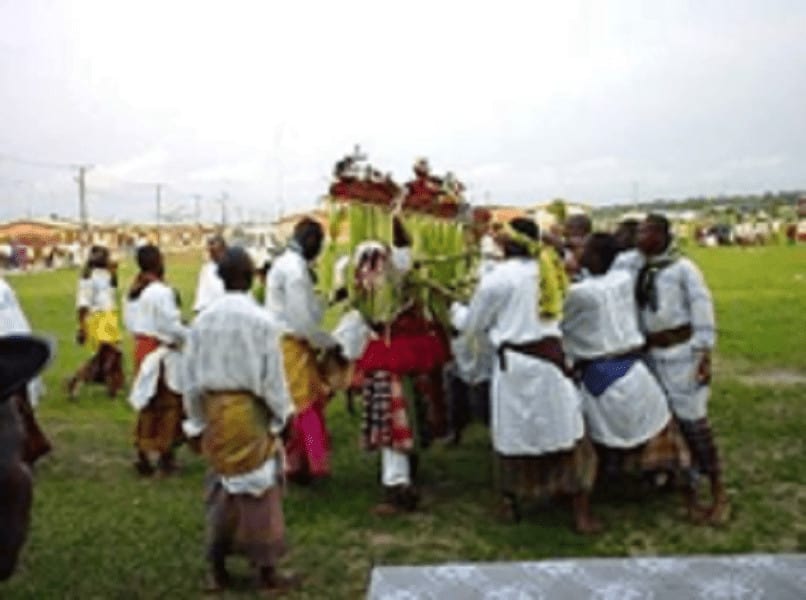
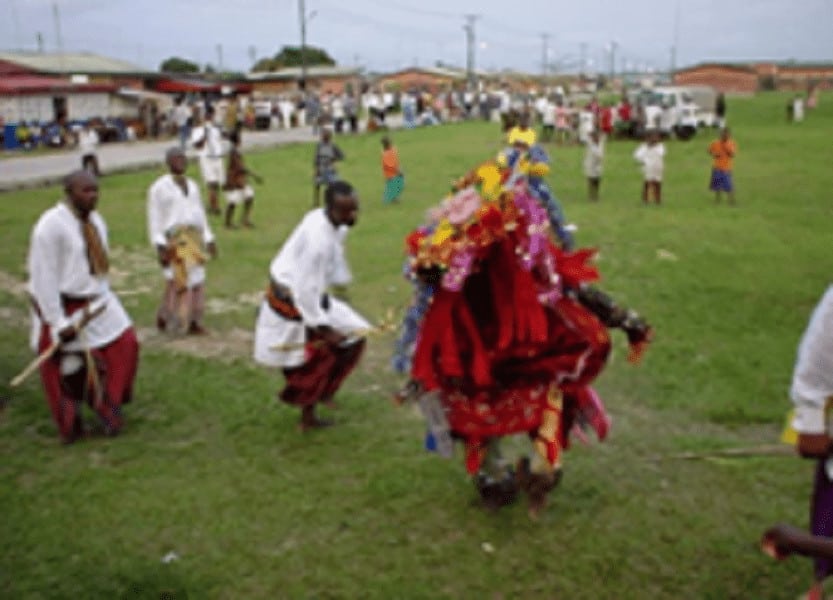



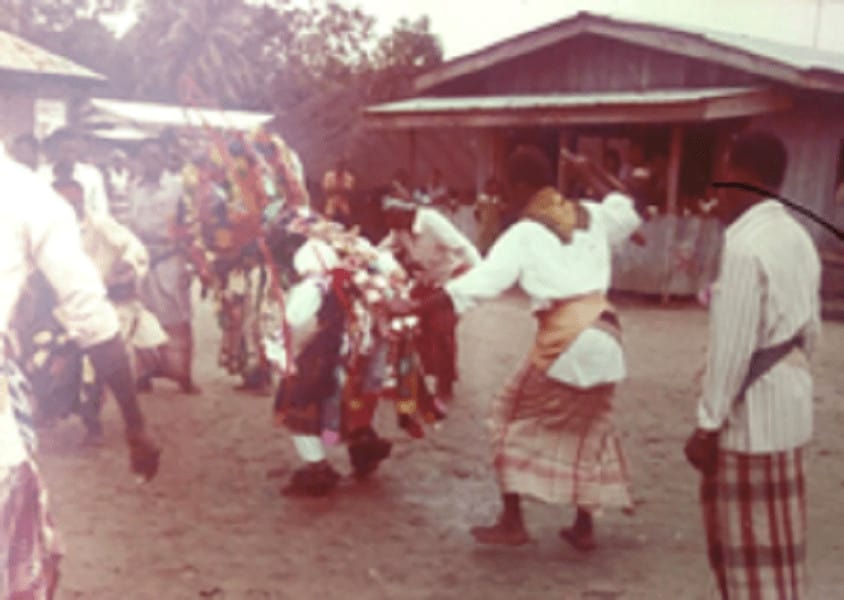
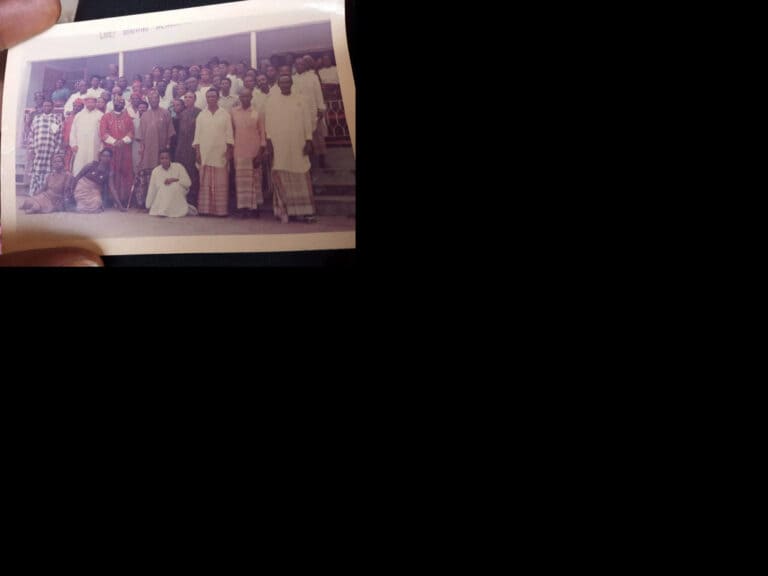
History of the City of Finima: The city of Finima has a vibrant history that dates back to the 11th century. During this time, the region was a thriving trading port, where merchants would exchange goods, such as ivory and palm oil. It was during this period that the first settlers arrived in Finima, and the city began to grow and develop, and later in the 15th century with European traders. The Portuguese were the first to colonize the city of Finima in the 14th century, and their influence can still be seen today. The architecture, the cuisine, and even the language is spoken by the native inhabitants of Finima all bear the mark of the Portuguese colonists. Additionally, during this period, the Portuguese built forts and trading posts in and around Finima, which aided in strengthening the city’s economy and culture.
The Culture of the People of Finima: The people of Finima are proud of their cultural heritage, which has been shaped by several different influences. The native language spoken by the people of Finima is Ibani, which is a dialect of the Ijaw language. Additionally, the people of Finima have a unique musical style that is characterized by drums, bells, and metal percussion instruments. Finima’s cuisine is also a blend of various cultures and customs and features both savoury and sweet dishes. Popular dishes include jollof rice, palm oil rice, ogbono soup, native fish soup, opopo (pounded yam and ripe plantain) and pulo-so-ngi soup. The city is also well-known for its traditional art, which includes sculpture, textiles, and pottery from ancient times, which have been lost to modernization. The city’s artisans are highly respected and celebrated for their skill and creativity.
The Importance of the City of Finima to Nigeria: The city of Finima is of great cultural and economic importance to Nigeria. As a major port, the city is an important gateway for the country’s goods and services. Additionally, the city has been a central hub for the international shipping industry for many years and is home to several oil production facilities. Beyond its economic importance, Finima is also an important centre for cultural development. The city has long been a centre for music and art and has produced several renowned musicians and artists. Furthermore, the city is home to many educational institutions, which have helped to cultivate a strong sense of pride and identity within the city.
Conclusion
The city of Finima is an important part of Nigeria’s rich culture and history. Its blend of international and traditional influences has helped to create a culture that is both unique and diverse. From its traditional art to its cuisine, the city of Finima remains a vibrant and unforgettable cultural experience for visitors.
You must be logged in to post a comment.